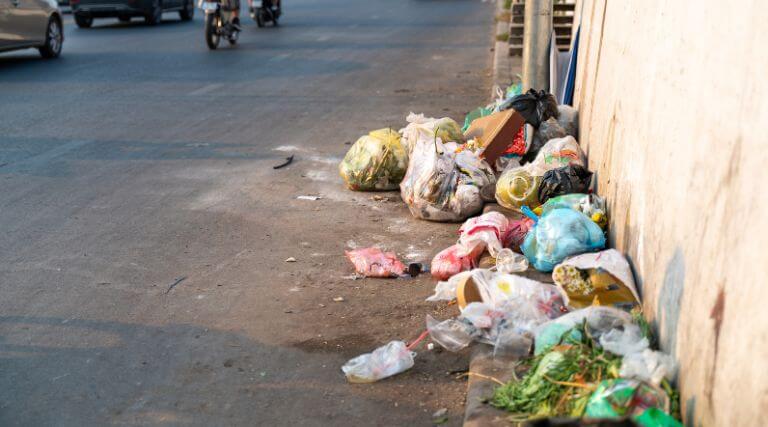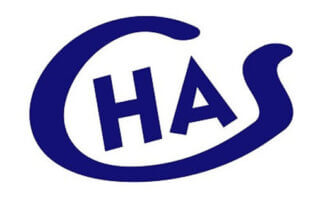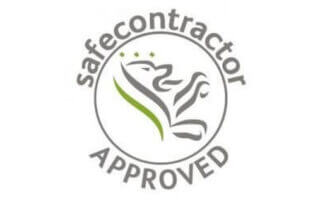
Fly-tipping is an issue that blights communities across the UK, leaving unsightly piles of rubbish on streets, in lay-bys, and in open countryside. Not only does it create an eyesore, but it also poses a significant threat to public health, wildlife, and the environment. The question many people ask is, “Who is responsible for fly-tipped waste?” In this blog post, we’ll explore this issue in depth, addressing legal responsibilities, environmental consequences, and what you can do if fly-tipped waste appears near you.
What Is Fly-Tipping?
Fly-tipping refers to the illegal dumping of waste on land that is not licensed to receive it. This can range from small-scale dumping, such as a few bags of household rubbish, to large-scale incidents involving construction debris, furniture, or hazardous materials. Fly-tipping is a criminal offence under the Environmental Protection Act 1990, punishable by significant fines or even imprisonment.
The Scale of the Problem
Local councils in England and Wales handle more than one million fly-tipping incidents annually. Rural areas are particularly affected, as secluded locations provide an easy target for those looking to dispose of waste unlawfully. The costs of clearing fly-tipped waste often fall on local authorities or private landowners, with taxpayers footing the bill for public land clean-ups.
Who Is Legally Responsible for Fly-Tipped Waste?
The responsibility for dealing with fly-tipped waste depends on where it has been dumped. Here’s a breakdown of legal responsibilities:
Public Land
When waste is dumped on public land, such as pavements, parks, or roadsides, the local council is usually responsible for removing it. Councils have powers to investigate and prosecute offenders, although enforcement can be challenging due to the difficulty of identifying the culprits.
Private Land
If fly-tipped waste appears on private land, the responsibility for removal falls to the landowner. This can be frustrating and expensive, especially for farmers and other rural landowners who are frequent victims of fly-tipping. While insurance policies may sometimes cover the cost of removal, it’s not always guaranteed. Landowners can work with local councils to report incidents and may be eligible for advice or support in some cases.
Household Waste Producers
Even if you have not directly fly-tipped, you could still be held responsible if your waste is found dumped illegally. Under the “duty of care” regulations, householders are legally required to ensure their waste is disposed of correctly. If you hire someone to remove your waste, it’s essential to check they are a licensed waste carrier. Failure to do so could result in a fine or legal action if your rubbish is later found dumped.
Why Fly-Tipping Is a Serious Issue
Environmental Impact
Fly-tipping damages ecosystems, pollutes waterways, and endangers wildlife. Hazardous materials, such as asbestos or chemicals, can seep into the ground, causing long-term contamination that is expensive to remedy.
Health Risks
Dumped waste can attract vermin, creating a breeding ground for diseases. Piles of rubbish may also contain sharp or dangerous objects, posing a risk to people who come into contact with them.
Financial Burden
The financial implications of fly-tipping are significant. Local authorities in England spent over £12 million on clear-up operations last year alone. This money could otherwise be invested in essential community services.
What Can You Do to Prevent Fly-Tipping?
Choose Reputable Waste Removal Services
One of the simplest ways to prevent fly-tipping is to ensure you use a licensed and reputable waste removal company. Ask for a waste transfer note as proof that your rubbish will be disposed of legally and responsibly.
Report Fly-Tipping
If you witness fly-tipping in progress, do not approach the offenders. Instead, take note of any details, such as vehicle registration numbers, and report the incident to your local council or the Environment Agency. Quick reporting can increase the likelihood of catching those responsible.
Secure Your Property
Landowners can take steps to deter fly-tipping by installing gates, fences, or CCTV cameras. While these measures may not prevent every incident, they can make your property a less appealing target.
How We Can Help
Dealing with waste responsibly doesn’t have to be a hassle. At Cheap Skip Hire Prices, we offer a range of reliable waste removal solutions to suit your needs. Whether you need a skip for a home renovation project, a man-and-van rubbish removal service, or advice on clearing fly-tipped waste, we’ve got you covered.










